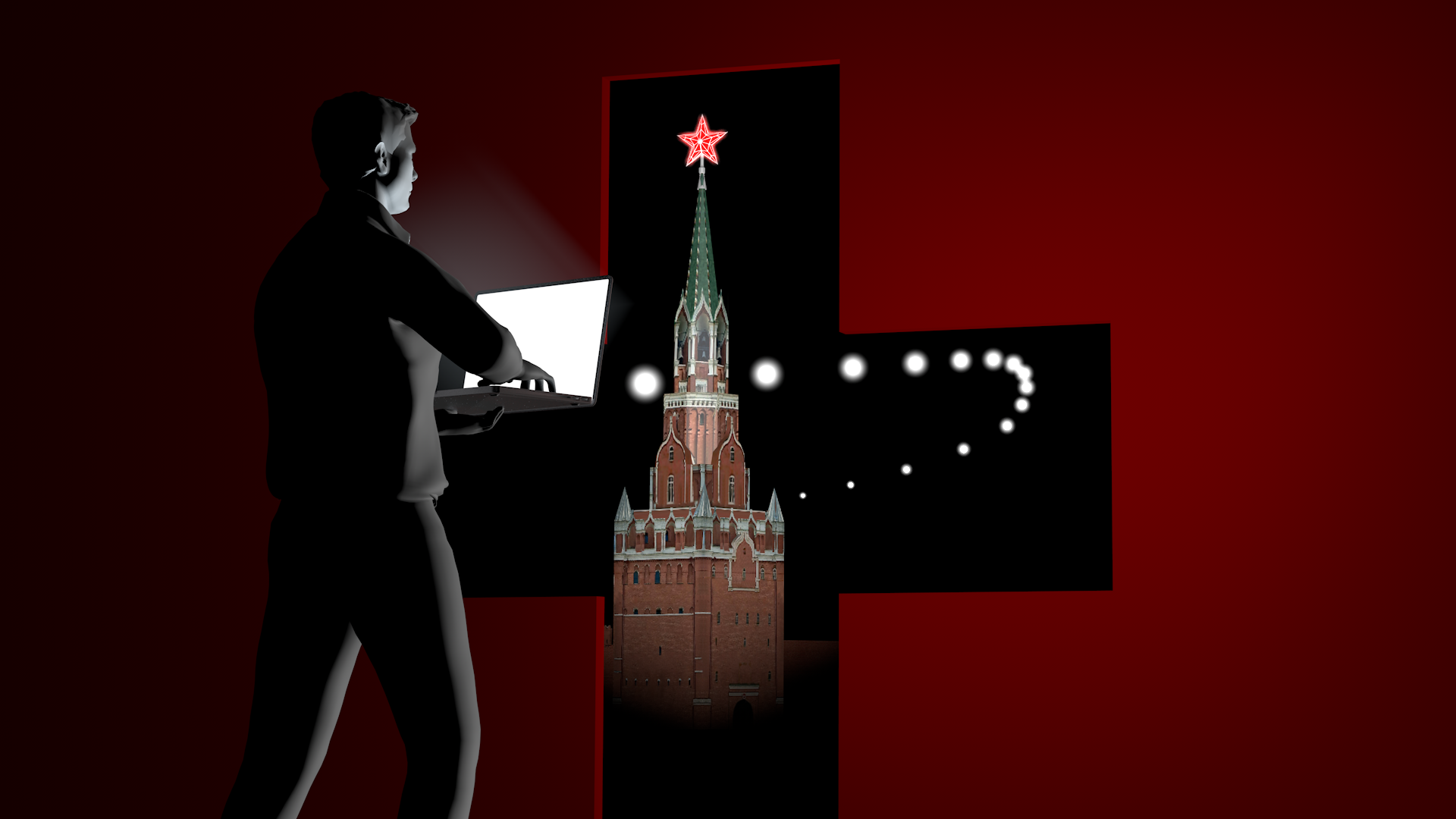The key organs of the United Nations

The United Nations General Assembly and the Security Council are just two of the organisation's many institutions.
The United Nations Charter has six main organs, but “the United Nations” system, as it is known, is in reality much larger.
in all, the organisation comprises 15 specialised institutions and a number of funds, programmes, institutes and other subsidiary bodies.
The General Assembly
The UN’s main forum is in New York, where all the member states are represented and each has one vote. Its annual session is held in the autumn and lasts for three months. Decisions on important issues require a two-thirds majority, others a simple majority vote. They do not have the force of law for the governments concerned.
The General Assembly is concerned above all with maintaining peace and international security, but also with cooperation in the economic, social, cultural, educational and health fields. It oversees the various UN institutions and programmes, and is also responsible for appointing the Secretary General and drawing up the organisation’s budget.
The General Assembly has lost some of its political weight, which has shifted to the Security Council. Its role was also diminished by major international conferences organised during the 1990s.
The Security Council
The Security Council is the UN’s highest decision-making body, and member states must abide by its decisions and resolutions. It can call for binding economic sanctions and decide to undertake collective military interventions (such as peacekeeping) if it believes international peace and security are threatened.
It consists of 15 members, five of which are permanent: the United States, China, France, Britain and Russia. The remaining ten members are elected by the General Assembly for a period of two years. Each member of the Council has one vote. Decisions on substantive questions require a unanimous yes vote on the part of the five permanent members. However, each is entitled to veto a decision, and each has exercised this right at one time or another.
For some years, proposals have been put forward for reforming the Security Council to make it more representative. Japan and Germany are often cited as possible permanent members. The idea of including representatives of emerging countries (Brazil, India or Nigeria, for example) has also been proposed. But for the time being the debate has not led to any definite result.
The Economic and Social Council (Ecosoc)
Ecosoc is responsible for coordinating the economic and social activities of the UN and its specialised institutions. It is the main authority for all issues not directly concerned with international security: economics, social affairs, culture, health, humanitarian aid and human rights.
Every summer, Ecosoc holds a five-week session, alternating between New York and Geneva. During the rest of the year, its business is conducted by a number of subsidiary commissions. It may consult non-governmental organisations working in the areas for which it is responsible. At the present time, more than 1,500 NGOs enjoy consultative status, which enables them to send observers to the Council’s public sessions.
The Trusteeship Council
According to the Charter, the task of the Trusteeship Council is to supervise the administration of territories placed under a special trust regime. There were many territories in this position in the aftermath of Second World War but, since 1994, when Palau achieved independence, there have been no territories under UN trusteeship and the Council now plays only a theoretical role.
The International Court of Justice
This is the principal judicial organ of the United Nations. Its statute is an integral part of the Charter, and all states which have adhered to the statute can bring disputes and issues before it. The Court has had its seat in The Hague since 1946 and consists of 15 judges elected for nine years by the General Assembly and the Security Council.
The Secretariat
The Secretariat functions as the staff headquarters of the General Assembly. Its 8,600 officials, recruited worldwide, perform the UN’s many administrative tasks, in New York and in many branch offices throughout the world. The Secretary General, appointed for five years by the General Assembly, is described in the Charter as “the chief administrative officer of the Organisation”.
The Charter of the United Nations
The United Nations was created in San Francisco on October 24, 1945, when the majority of the 51 founder members ratified the Charter.
The Charter is the UN’s constitution, defining the rights and obligations of member States and the organisation’s structures and procedures. It consists of a preamble and 111 articles sub-divided into 19 chapters, and is the basis on which international relations are defined.
In article 4, it states that, in addition to the countries which founded the UN: “Membership in the United Nations is open to all peace-loving states which accept the obligations contained in the present Charter and, in the judgment of the Organisation, are able and willing to carry out these obligations.”
The Preamble
“WE THE PEOPLES OF THE UNITED NATIONS DETERMINED to save succeeding generations from the scourge of war, which twice in our lifetime has brought untold sorrow to mankind, and to reaffirm faith in fundamental human rights, in the dignity and worth of the human person, in the equal rights of men and women and of nations large and small, and to establish conditions under which justice and respect for the obligations arising from treaties and other sources of international law can be maintained, and to promote social progress and better standards of life in larger freedom,
“AND FOR THESE ENDS to practice tolerance and live together in peace with one another as good neighbours, and to unite our strength to maintain international peace and security, and to ensure, by the acceptance of principles and the institution of methods, that armed force shall not be used, save in the common interest, and to employ international machinery for the promotion of the economic and social advancement of all peoples,
“HAVE RESOLVED TO COMBINE OUR EFFORTS TO ACCOMPLISH THESE AIMS. Accordingly, our respective Governments, through representatives established in the city of San Francisco, who have exhibited their full powers found to be in good and due form, have agreed to the present Charter of the United Nations and do hereby establish an international organization to be known as the United Nations.”
by Bernard Weissbrodt

In compliance with the JTI standards
More: SWI swissinfo.ch certified by the Journalism Trust Initiative








You can find an overview of ongoing debates with our journalists here . Please join us!
If you want to start a conversation about a topic raised in this article or want to report factual errors, email us at english@swissinfo.ch.